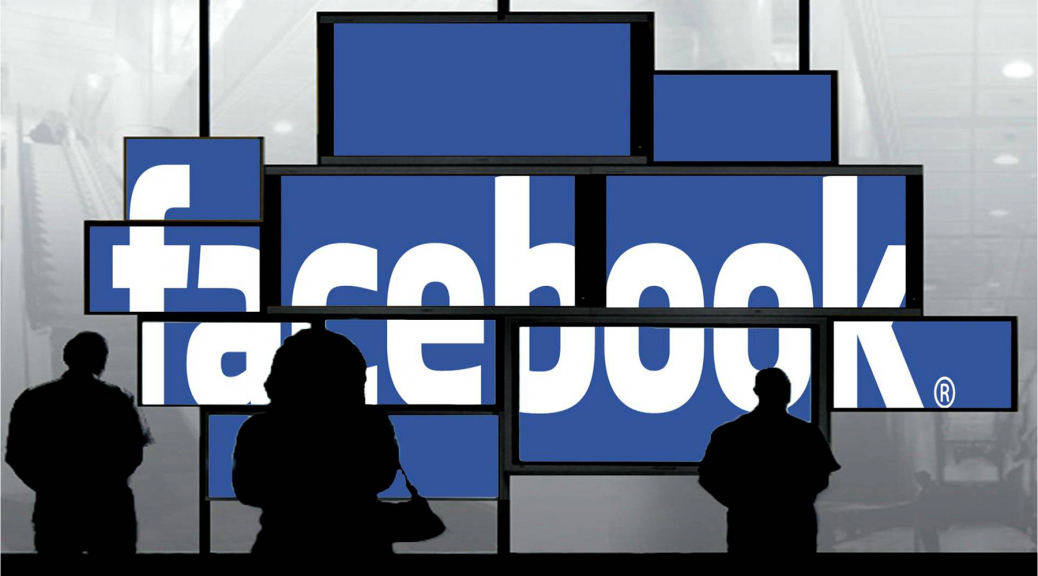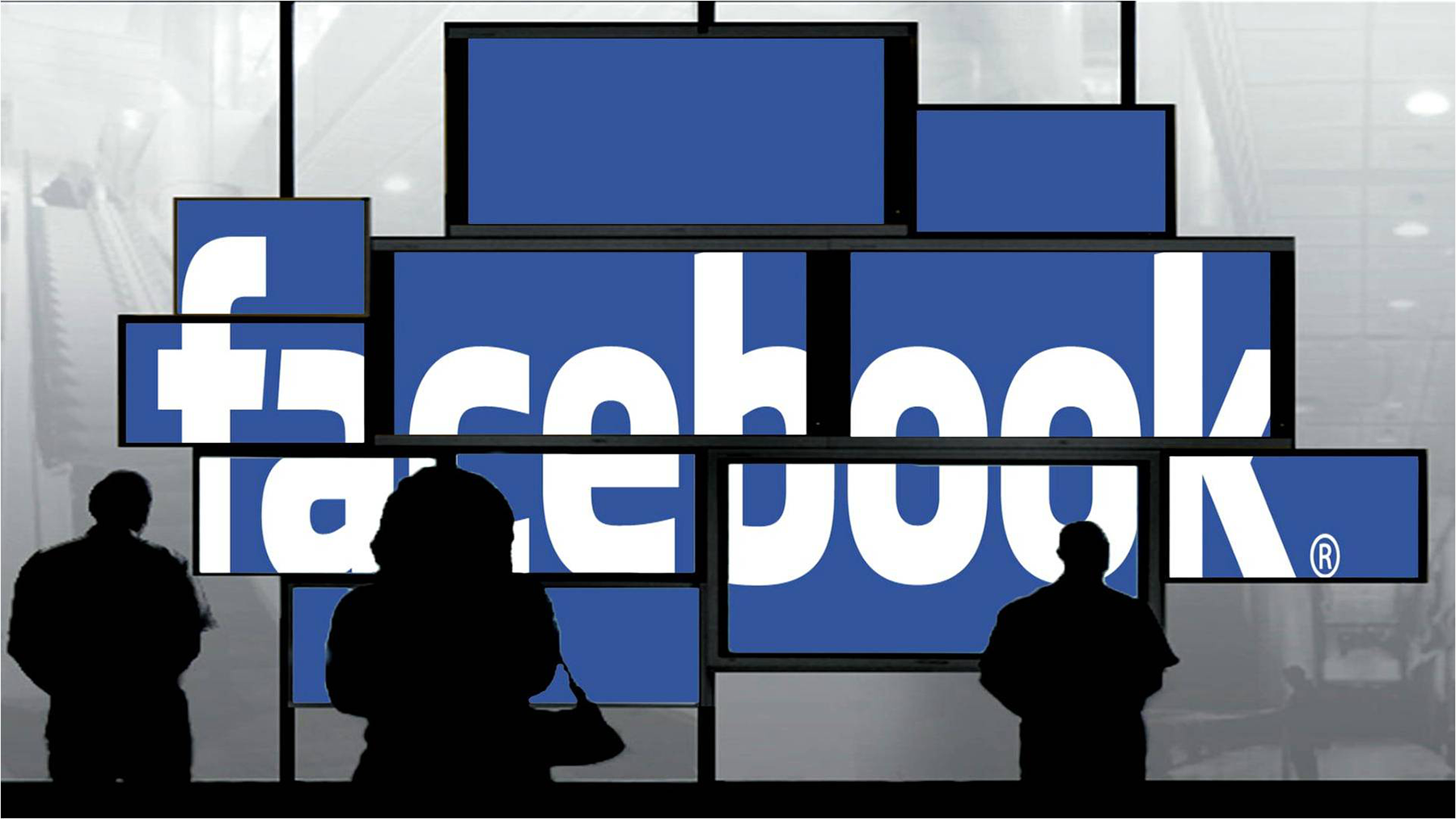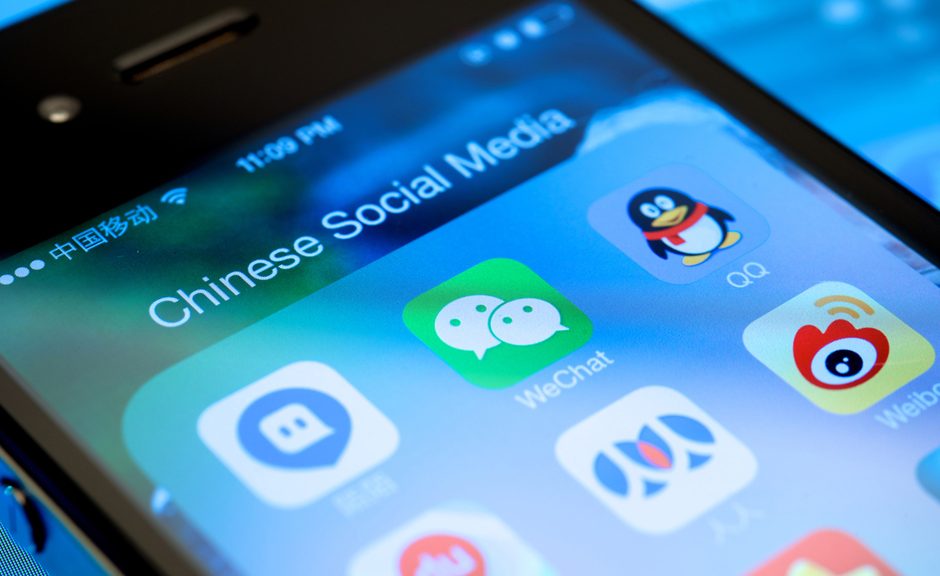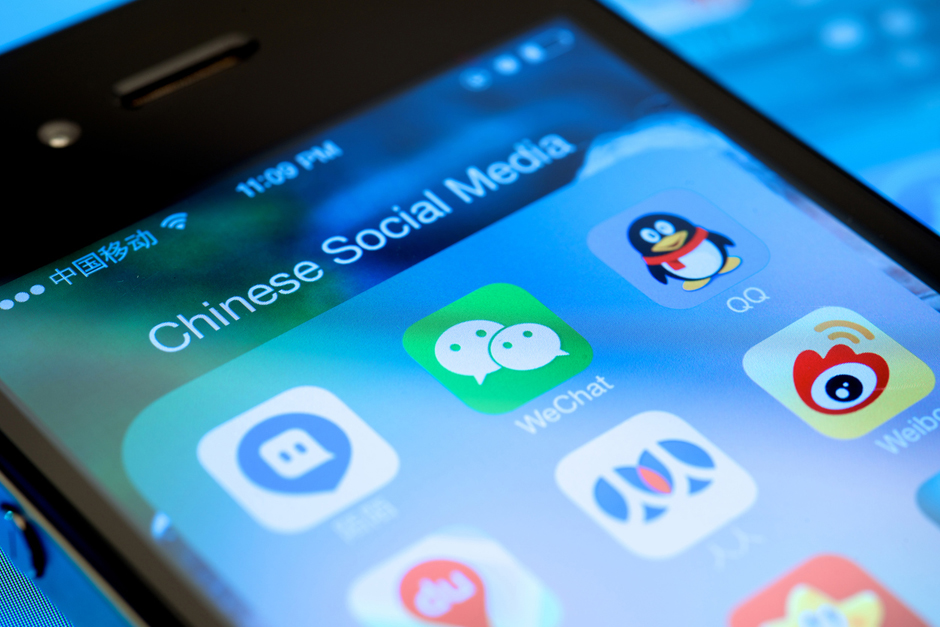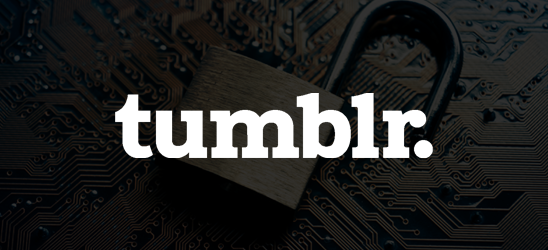
The real old, witty insult has come a long way since it was first blurted out by Mr. Caveman back in pre-historic times. That first grumble started everything and the rest, as they say, is history. Fast forward to 2017 – there’s now plenty of ways to deliver an insult to anyone, whether you know the person or not. And it can be done from a very familiar location: the relative safety of your home, sat at your desk, using a computer, typing furiously (instead of barking around as your distant ancestors did).
Online harassment is reaching epidemic proportions.
In the beginning, wasn’t the Internet promising a new era of civilized conversations? Here in the United States, freedom of speech is protected from government restrictions by the First Amendment to the United States Constitution. So what’s the difference anyway between a good old joke and harassment? Well, a joke is usually funny. Yep, that’s right: the fun has got to be both ways. A line is crossed when there are tears (we’re not talking about tears of joy here). Maybe it’s time to call time on the bullies.
Twitter seems to be thinking so. Everyone agrees there will always be trolls out there. Apparently, it’s a sad side to human nature. But since last month the company is making it harder for people who have been suspended for harassment previously to create new accounts. For obvious reasons, Twitter can’t disclose just how exactly it’s doing this. But the fact it is taking action has to be a good thing. Insiders say that in all likelihood users are still going to see some of the usual roughness, though it is hoped most of the mindless drivel will be flushed out. Phew!
“Safe search” feature
Also Twitter is working on a “safe search” feature, this is meant to remove those tweets that have sensitive content or come from muted and blocked accounts. These changes are being rolled out progressively so keep an eye out for them and be sure to share your thoughts about that with us. Are these changes making a difference? Are the tone of your exchanges better – if only a little bit?
Think before you tweet!
It’s important always to remember and follow the usual safety rules when online, so here are some Twitter-specific tips for you. Malicious people will sometimes try to take over accounts so they can send private messages or spam to a person’s followers. To guard against this don’t click links in Direct Messages unless you were expecting a link from that person! Also, many hacks will happen when Twitter login details are entered into a fake website. So be careful of sites that look like Twitter.com it’s easy to get spoofed.
Why not double check anti-virus protection while you’re at it? Granted, Twitter is doing its part to stop the insults flowing. How about you stop the hackers in their tracks with Panda Security? The company’s products include some of the most advanced cyber-security services available on the market. It may not stop the insults, but at least it will prevent you from becoming a victim of a cyber-crime.
The post Online harassment: is it time we do something about it? appeared first on Panda Security Mediacenter.

